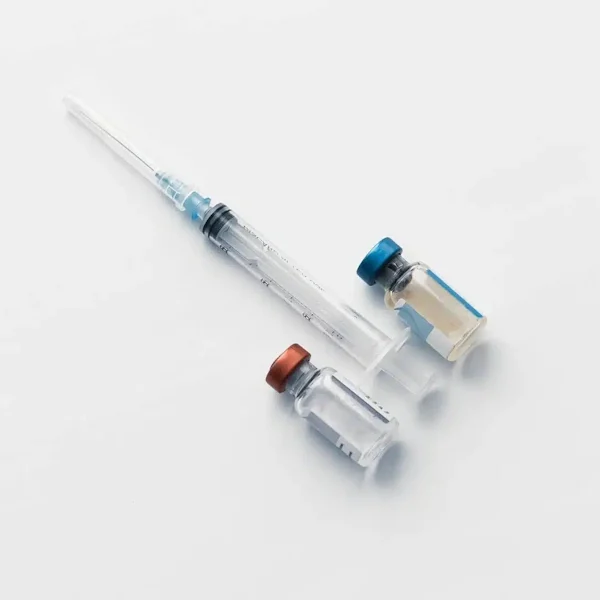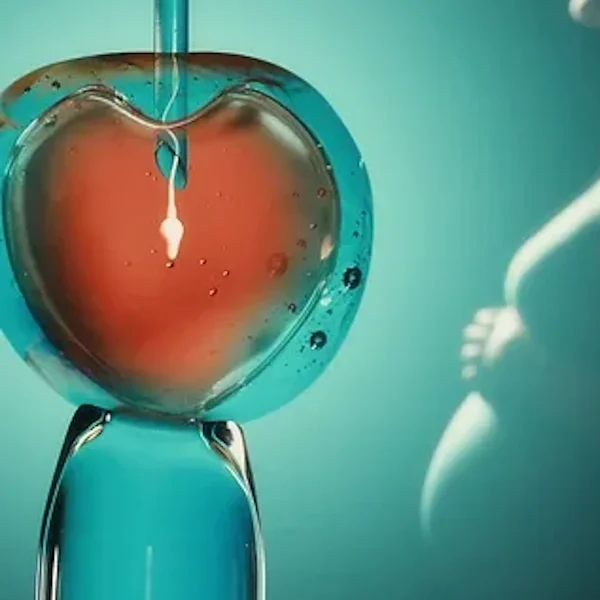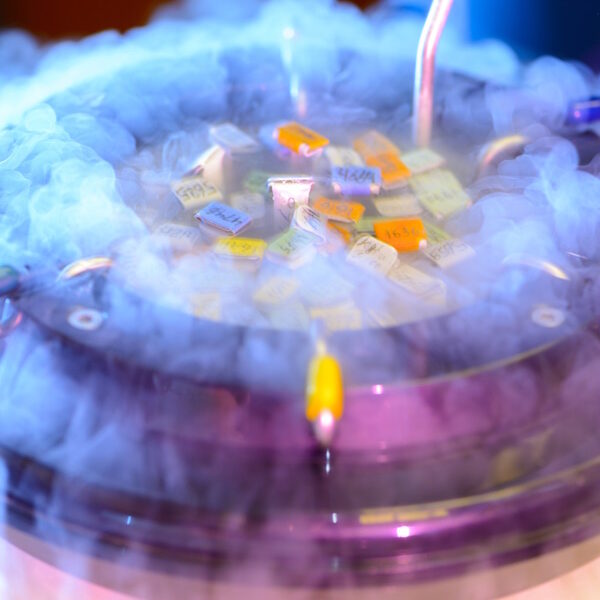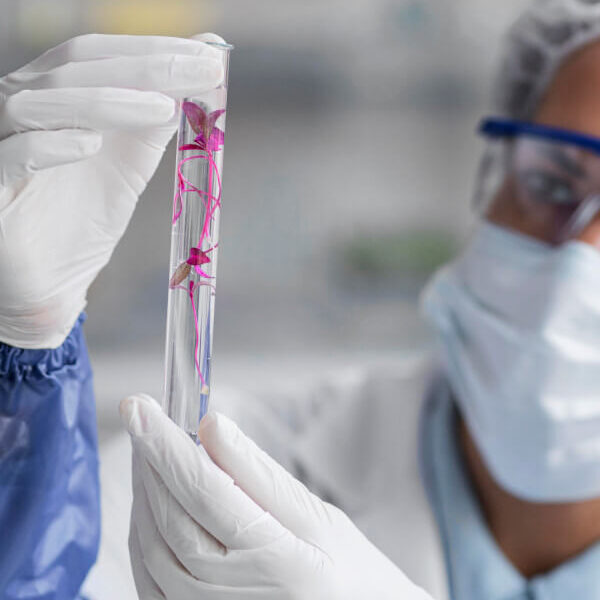
Investigation of Infertility
Investigation of Infertility includes investigation for both female and male partners. Female partner’s investigations include hormonal profile, AMH, Hysterosalpingography (HSG), Pelvic Transvaginal ultrasound, Saline Infusion Sonography (AquaScan) and maybe Hysteroscopy.
Male partner’s investigations include Semen Analysis, Sperm DNA Fragmentation Test, Semen Culture, and Sperm Oxidative Stress Test. Depending on the medical history may other more specialized investigations are needed.
IUI
IUI stands for intrauterine insemination. It is a type of fertility treatment and it is relatively simpler compared with the other types. IUI can be used in natural cycle without any drugs or after mild stimulation of the ovaries. Technically it is very simple.
The sperm sample is carefully prepared by washing and then is placed in a catheter which is a soft, thin tube. The woman has been already prepared as for a smear test, and the doctor gently pass the catheter with the sperm through the cervix in to the uterus. The procedure takes about 10 minutes and is not more uncomfortable than having a smear test.


IVF / ICSI
IVF and ICSI is the fundamental treatment of reproductive medicine. IVF stands for in-vitro fertilisation, while ICSI stands for Intracytoplasmic Sperm Injection.
The steps of IVF and ICSI include: Stimulation of the Ovaries with fertility drugs, monitoring the growth of the follicles with transvaginal ultrasound, egg collection which is a minimal surgical procedure under sedation, fertilization of the eggs in the laboratory with IVF or ICSI depending on the sperm quality, fertilization check taking place the next day of egg collection and finally embryo transfer on day 3 or day 5 after egg collection.
Fertility Preservation
Fertility preservation is the procedure used in order to preserve eggs, sperm or embryos, so that a person or a couple can use them to have biological children in the future. At the beginning it was as an option for cancer patients in order to preserve their eggs or sperm because of the gonadotoxic effects of chemotherapy.
Nowadays, is quite common as more and more women and men, have to postpone childbearing to older age because of social, economic or educational reasons. For women the procedure is starting with stimulation of ovaries with fertility drugs until egg collection. The collected egg will then be frozen for future use.


Donation
Gamete donation – egg, sperm or embryo donation – is a very sensitive aspect of fertility treatment both because of the nature of the treatment itself but also because of the restricted number of donors.
The Greek legislation is one of the most advanced fertility legislations in Europe. Recently after the law’s modification the procedure of embryo transfer is performed until the recipient reaches 54 years of age.
PGT – Preimlantation Genetic Testing
Preimplantation Genetic Testing is is a revolutionary procedure used to identify genetic abnormalities in embryos created with in vitro fertilization (IVF).
The goal of PGT is to select embryos predicted to be free of a specific genetic condition or chromosome abnormalities for transfer. This test provides patients with an opportunity to reduce the chance for a genetic disease in their future children prior to pregnancy.
The New Greek legislation is one of the most favorable in Europe and worldwide concerning the PGT procedure.


Risk of Fertility Treatment
As with all medical treatments there are some risks and complications which can may occur during the fertility treatment.
